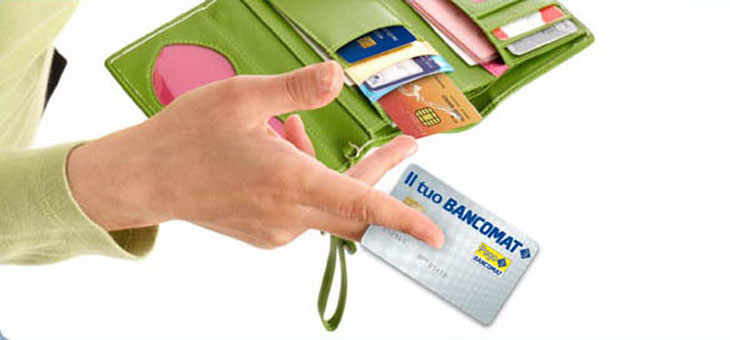How much do card payments cost and how much commission should merchants and consumers have to pay? The European Commission this week is trying to define shared rules in order to ensure greater competition and innovation in the payments market, which as we know is about to undergo a major upheaval with the arrival of the contactless card, for example. Commerce representatives meeting at EuroCommerce, often critical of the conditions that have a significant impact on annual costs (see the Walmart vs Apple Pay “case “), have asked politicians to intervene to create “common rules for a common market”.
The text currently under discussion has a number problems: first of all, it excludes certain non-European credit cards, such as Amex, for market shares below 5%: this would penalise sectors such as hotels and airlines that would have to deal with much more expensive cards than the rest of the market. Moreover, there would be no “legal certainties”: the proposal of a “weighted average” allows EU countries to have a system with certain cards that have commission exceeding the ceiling of 0.2% and others that are below. The average would be calculated on an annual basis with a complex mechanism, which would make it difficult to monitor compliance with the rules on the part of retailers and consumers. Finally, there would be too many exceptions for the various Member States, one of which has already called for a two-year extension in applying the law.
EuroCommerce, the body that brings together retailers and merchant associations of 31 European countries, is calling for the weighted average to be removed from the text of the law and to return to a fixed ceiling of 0.2%, or 7 cents, for the new rules to be applied in all Member States within six months of approval and for commercial and third-party cards to be included without exception.
According to the Director of EuroCommerce, Christian Verschueren, “this is one of the most important laws that will affect merchants and consumers for years to come: we must do it properly. Some compromises will be necessary, but not at the expense of the basic principles of the single market”.
Meanwhile, the Bancomat Consortium, the most widespread circuit in Italy with 30 million debit cards in circulation (80% of the total in 2012) and 1.3 million active POS (85%) has decided to reduce the interchange fee from 10 to 7 cents per transaction. In the future this value will be pegged to an analysis of the costs incurred by operators and will be reduced as a result of any efficiencies identified at the system level. The commitment was taken with the Antitrust Authority after an investigation initiated on 19 February last to ascertain the existence of any unfair competition, in violation of Article 101 of the Treaty on the functioning of the European Union. The multilateral interchange fee (MIF) of 10 cents was applied starting in January 2014, without any application deadline.





